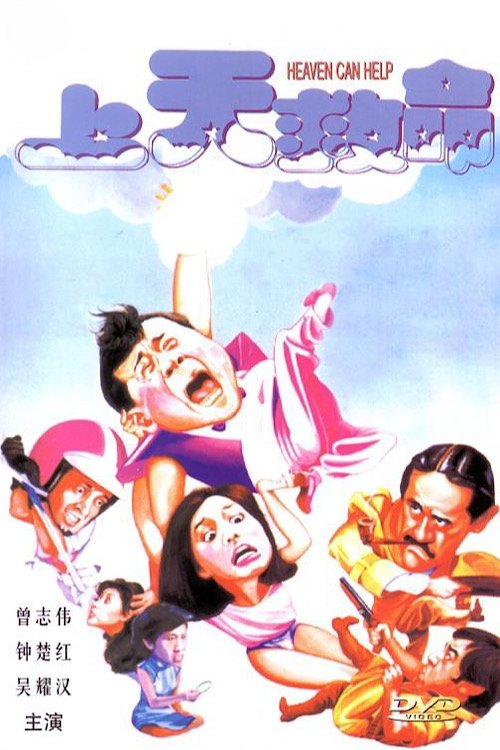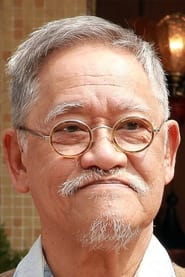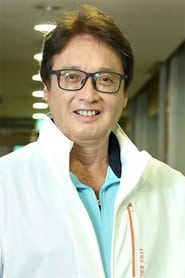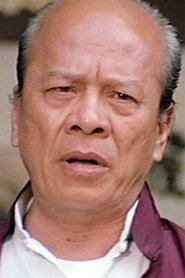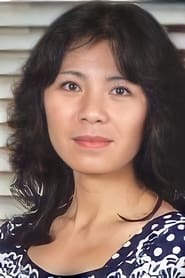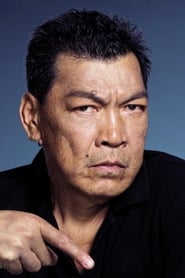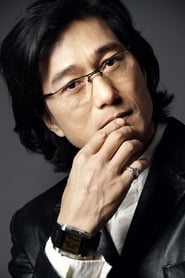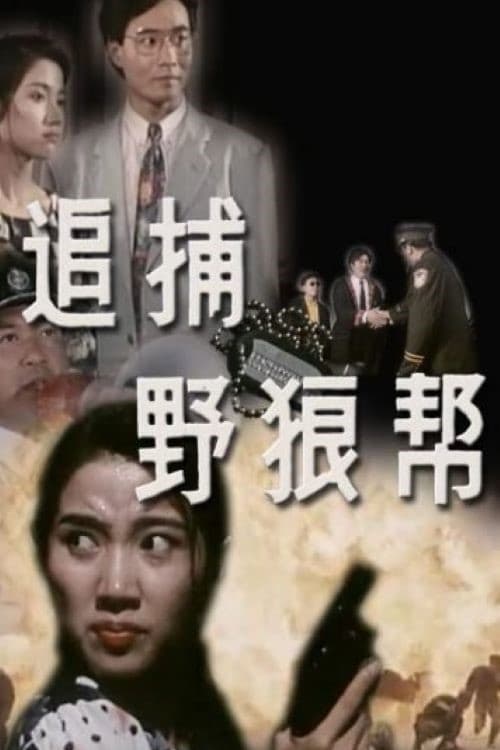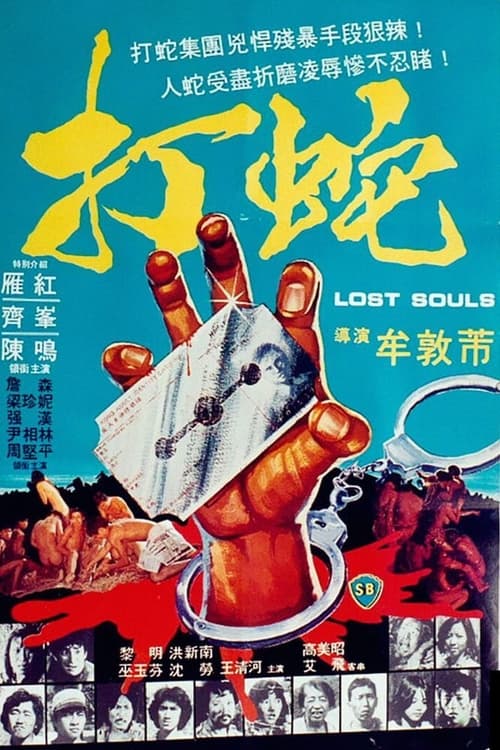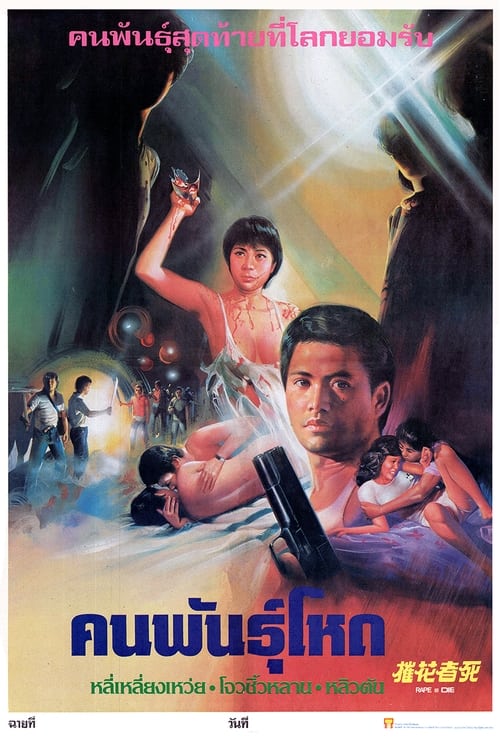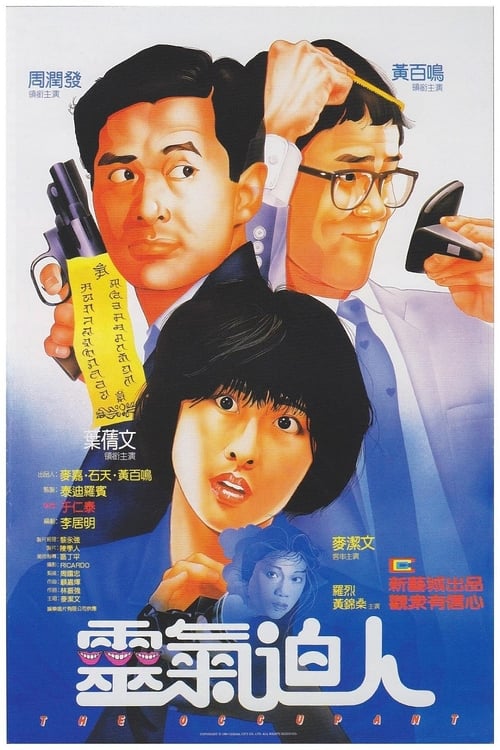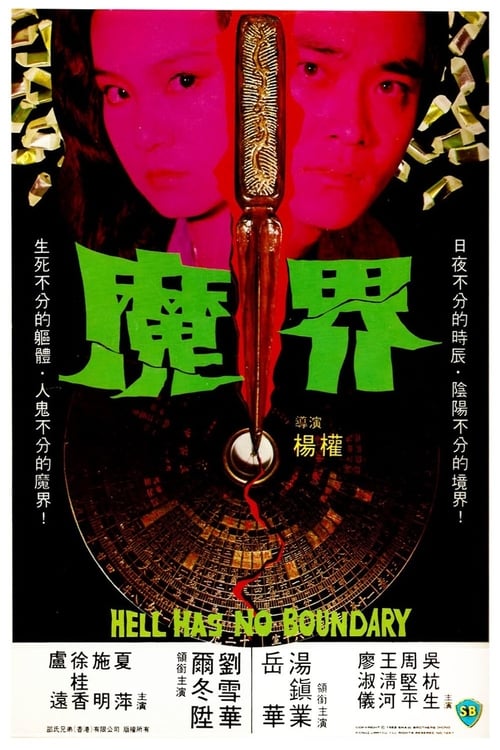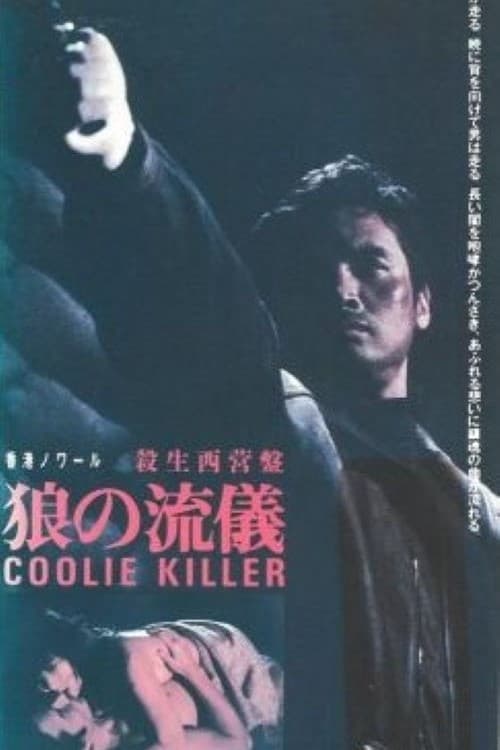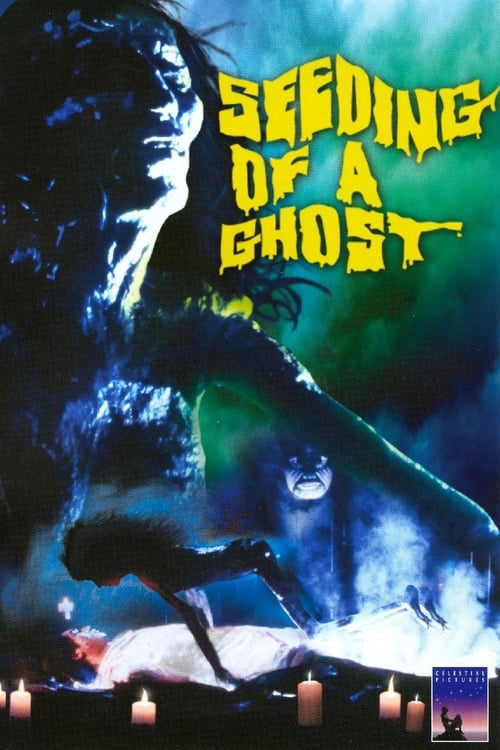
Ask Your Own Question
What is the plot?
Mak (Eric Tsang) is an ordinary man living in Hong Kong, known for his unwavering optimism despite the daily grind and minor disappointments life throws his way. His apartment is modest, filled with the quiet hum of city life outside his window. He goes about his routine with a smile, brushing off setbacks with a shrug and a joke, but beneath the surface, the weight of recent failures and emotional letdowns is beginning to wear him down. The year is 1984, and the city pulses with a mix of hope and uncertainty, a backdrop to Mak's personal struggles.
One evening, after another disheartening day, Mak drives home through the busy streets of Hong Kong. The rain slicks the pavement, and the neon lights blur into streaks of color as he navigates the traffic. A series of depressing events--personal failures, financial worries, and the loss of a close friend--have left him feeling hollow, his usual cheer replaced by a quiet despair. As he rounds a corner, a car skids out of control, slamming into his vehicle. The impact is sudden and violent, the world spinning into darkness as Mak loses consciousness.
When Mak opens his eyes, he is no longer in the wreckage of his car. He finds himself in a surreal, otherworldly place, a blend of heaven and hell that defies logic. The air is thick with a strange energy, and shadowy figures move around him. He is confronted by a group of devils, their voices echoing with a chilling certainty. One of them steps forward, his eyes gleaming with malice. "Mak," the devil says, "you will die after the deaths of three people: Millionaire Wong, Ms. Pao, and Mr. Shek. Their deaths are your fate. When the last one falls, so will you."
Mak's heart pounds as the prophecy sinks in. He protests, pleading for mercy, but the devils are unmoved. "This is your destiny," they say, their voices fading as Mak feels himself being pulled back to the world of the living.
He wakes up in a hospital bed, the sterile white walls a stark contrast to the surreal landscape he just left. The doctors are surprised by his recovery, but Mak is haunted by the prophecy. He knows he must act quickly to save himself and the three people whose deaths are tied to his fate. Determined, he leaves the hospital and begins his search for Millionaire Wong, Ms. Pao, and Mr. Shek.
Mak's first stop is Millionaire Wong's mansion, a luxurious estate on the outskirts of the city. The mansion is opulent, with marble floors and grand chandeliers, but it feels cold and lifeless. Mak is greeted by a butler who leads him to Wong's study. Wong (Fung King Man) is a wealthy businessman, his face etched with the lines of a man who has seen too much. Mak tries to warn him about the prophecy, but Wong dismisses him as a madman. "You're just a fool," Wong says, waving him away.
As Mak leaves the mansion, he hears a commotion inside. He rushes back to find Wong lying on the floor, a pool of blood spreading beneath him. The killer (Charlie Chin) stands over the body, a weapon in his hand. Mak's heart races as he realizes the prophecy is already unfolding. He confronts the killer, but the man is too quick, slipping away into the night. Mak is left standing over Wong's body, the weight of the prophecy pressing down on him.
Next, Mak seeks out Mr. Shek (Paul Chun Pui), another wealthy man whose life is now in danger. Shek's home is a modern, sleek apartment in the heart of the city. Mak finds Shek in his living room, surrounded by expensive art and furniture. He tries to warn Shek about the prophecy, but Shek is skeptical. "You're just a crazy man," Shek says, laughing. "I don't believe in fate."
Mak's frustration grows as he realizes he is running out of time. He pleads with Shek to take the warning seriously, but Shek brushes him off. As Mak leaves the apartment, he hears a scream from inside. He rushes back to find Shek lying on the floor, a pool of blood spreading beneath him. The killer stands over the body, a weapon in his hand. Mak confronts the killer, but the man is too quick, slipping away into the night. Mak is left standing over Shek's body, the weight of the prophecy pressing down on him.
Finally, Mak seeks out Ms. Pao (Cherie Chung), the sister of Mr. Shek. Pao's home is a modern apartment, filled with the warmth of a woman who has faced her own share of challenges. Mak finds Pao in her living room, surrounded by books and photographs. He tries to warn her about the prophecy, but Pao is skeptical. "You're just a crazy man," Pao says, laughing. "I don't believe in fate."
Mak's frustration grows as he realizes he is running out of time. He pleads with Pao to take the warning seriously, but Pao brushes him off. As Mak leaves the apartment, he hears a scream from inside. He rushes back to find Pao lying on the floor, a pool of blood spreading beneath her. The killer stands over the body, a weapon in his hand. Mak confronts the killer, but the man is too quick, slipping away into the night. Mak is left standing over Pao's body, the weight of the prophecy pressing down on him.
Mak's journey takes him to the police station, where he tries to report the murders and the prophecy to Inspector Ng (Richard Ng), a bumbling police inspector. Mak explains the prophecy, but Ng dismisses him as a madman. "You're just a crazy man," Ng says, laughing. "I don't believe in fate."
Mak's frustration grows as he realizes he is running out of time. He pleads with Ng to take the warning seriously, but Ng brushes him off. As Mak leaves the police station, he hears a commotion inside. He rushes back to find Ng lying on the floor, a pool of blood spreading beneath him. The killer stands over the body, a weapon in his hand. Mak confronts the killer, but the man is too quick, slipping away into the night. Mak is left standing over Ng's body, the weight of the prophecy pressing down on him.
Mak's journey takes him to the killer's hideout, a hidden location where the killer plans and executes his murders. The hideout is a dark, foreboding place, filled with the tools of death. Mak finds the killer inside, surrounded by the bodies of his victims. The killer is a man driven by greed and a desire for power, his eyes gleaming with malice. "You're too late," the killer says, laughing. "The prophecy is fulfilled. You will die now."
Mak's heart races as he realizes the prophecy is about to be fulfilled. He confronts the killer, but the man is too quick, slipping away into the night. Mak is left standing over the bodies of his victims, the weight of the prophecy pressing down on him.
In a final, desperate act, Mak uses a weapon to defeat the killer in a dramatic and intense scene. The killer falls to the floor, his lifeless body a testament to Mak's determination. Mak is left standing over the killer's body, the weight of the prophecy pressing down on him.
The film ends with Mak reflecting on his journey and the events that have transpired. He is shown as a changed man, having faced his fate and overcome the challenges that were set before him. The prophecy is fulfilled, and Mak's fate is sealed. He is left standing over the bodies of his victims, the weight of the prophecy pressing down on him.
Mak's journey is a testament to the power of determination and the human spirit. He faced his fate head-on, overcoming the challenges that were set before him. The prophecy is fulfilled, and Mak's fate is sealed. He is left standing over the bodies of his victims, the weight of the prophecy pressing down on him.
What is the ending?
In the ending of "Heaven Can Help," the main character, a young woman named Christine, ultimately finds love and happiness with a man named Paul after overcoming various obstacles. The film concludes with a sense of hope and renewal as Christine embraces her new life.
As the film approaches its conclusion, we find Christine grappling with her feelings for Paul, who has been a steadfast presence in her life. The tension between her past and her future comes to a head when she must confront her previous relationship and the choices she has made.
In a pivotal scene, Christine stands at a crossroads, both literally and metaphorically. She is faced with the decision to let go of her past and fully embrace the possibility of a future with Paul. The emotional weight of her decision is palpable; she reflects on her journey, the struggles she has faced, and the love that has blossomed between her and Paul.
As she makes her choice, the atmosphere shifts. The sun breaks through the clouds, symbolizing a new beginning. Christine and Paul share a heartfelt moment, where they express their feelings for one another. This scene is filled with warmth and tenderness, showcasing their deep connection and the hope that lies ahead.
The film concludes with Christine and Paul walking hand in hand, ready to face whatever comes next together. The final shot captures their silhouettes against a vibrant sunset, a visual metaphor for the bright future that awaits them.
In summary, Christine chooses love and a new life with Paul, leaving behind the shadows of her past. The ending encapsulates themes of redemption, love, and the courage to embrace change.
Is there a post-credit scene?
Heaven Can Help, produced in 1984, does not have a post-credit scene. The film concludes without any additional scenes or content after the credits roll. The story wraps up with the main characters resolving their conflicts and finding a sense of closure, leaving no further narrative to explore in a post-credit sequence.
What is the significance of the character played by the angel in Heaven Can Help?
The character played by the angel, who is named Gabriel, serves as a guiding force for the protagonist, helping him navigate the challenges of his life. Gabriel's presence is both comforting and transformative, as he encourages the protagonist to confront his fears and embrace love.
How does the protagonist's relationship with his love interest develop throughout the film?
The protagonist's relationship with his love interest evolves from initial attraction to deep emotional connection. Their interactions are filled with moments of vulnerability and humor, showcasing their chemistry. As they face obstacles together, their bond strengthens, highlighting themes of love and redemption.
What challenges does the protagonist face that lead him to seek help from the angel?
The protagonist faces a series of personal and professional challenges, including a failing career and a troubled past. These struggles lead him to a point of desperation, where he feels lost and unsure of his path. His encounter with the angel becomes a pivotal moment, offering him guidance and hope.
How does the film portray the concept of fate versus free will through its characters?
The film explores the tension between fate and free will through the protagonist's choices and the angel's interventions. The protagonist grapples with the idea of destiny as he learns that while certain events may be predetermined, his responses and decisions ultimately shape his future.
What role does humor play in the interactions between the protagonist and the angel?
Humor is a key element in the interactions between the protagonist and the angel, providing levity amidst serious themes. The angel often uses witty remarks and playful banter to lighten the mood, helping the protagonist to see the brighter side of his struggles and encouraging him to embrace life with a sense of joy.
Is this family friendly?
"Heaven Can Help," produced in 1984, is a romantic comedy that features themes of love, relationships, and personal growth. While it is generally light-hearted, there are a few elements that may be considered objectionable or upsetting for children or sensitive viewers:
-
Mature Themes: The film explores adult relationships, including infidelity and the complexities of love, which may not be suitable for younger audiences.
-
Emotional Conflict: Characters experience emotional turmoil, including heartbreak and jealousy, which could be distressing for sensitive viewers.
-
Suggestive Humor: There are instances of suggestive jokes and innuendos that may not be appropriate for children.
-
Dramatic Moments: Some scenes involve tension and conflict that could be intense for younger viewers, particularly those involving relationship struggles.
Overall, while the film has comedic elements, its exploration of adult themes may warrant caution for family viewing.

